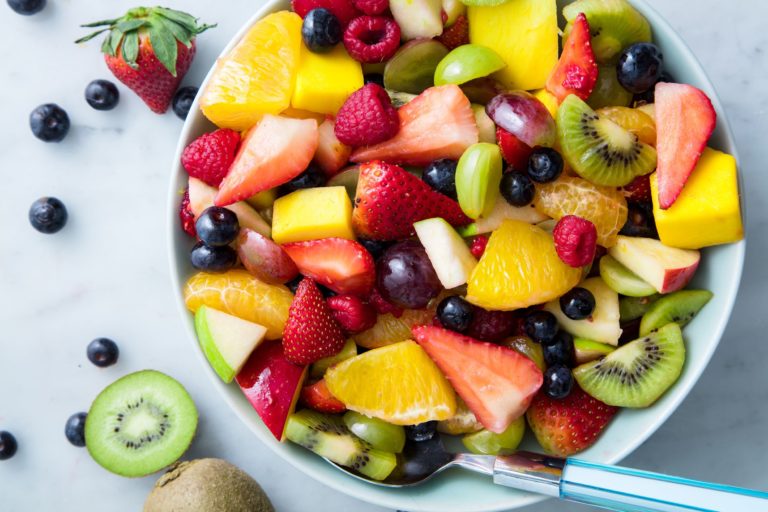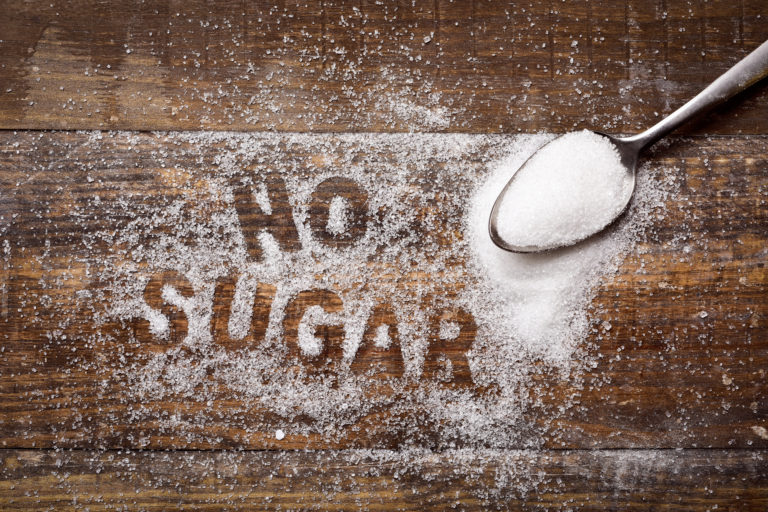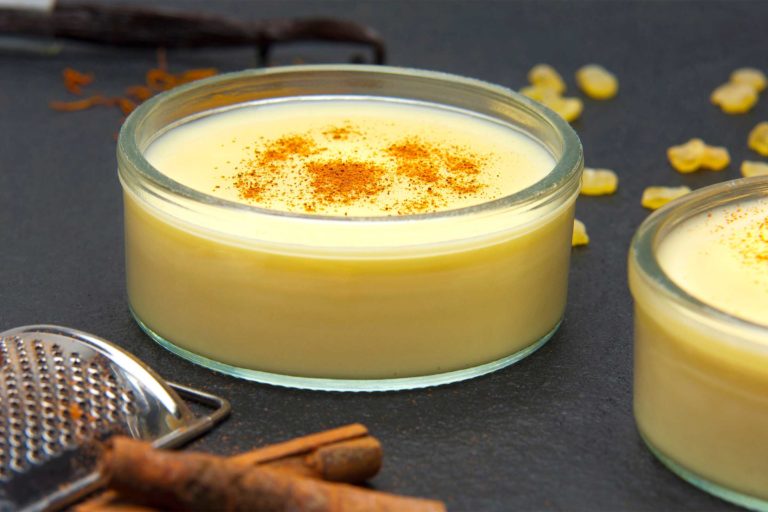A lot of factors can trigger depression such as hormones, stress, genetics and illness. Now, the main question of all scientists is that your daily diet also contributes to your mental illness. It is known that panacea fights against depression, but researchers are looking for other healthy foods, explains Felice Jacka, PhD, an Australian food-and-mood researcher and president of the International Society for Nutritional Psychiatry Research.
“We eat diets that comprise countless compounds that interact in highly complex ways,” she says. The same nutrients for physical health are also good for the mental one, but they can’t replace treatments like medication or therapy.
Brain-healthy fats
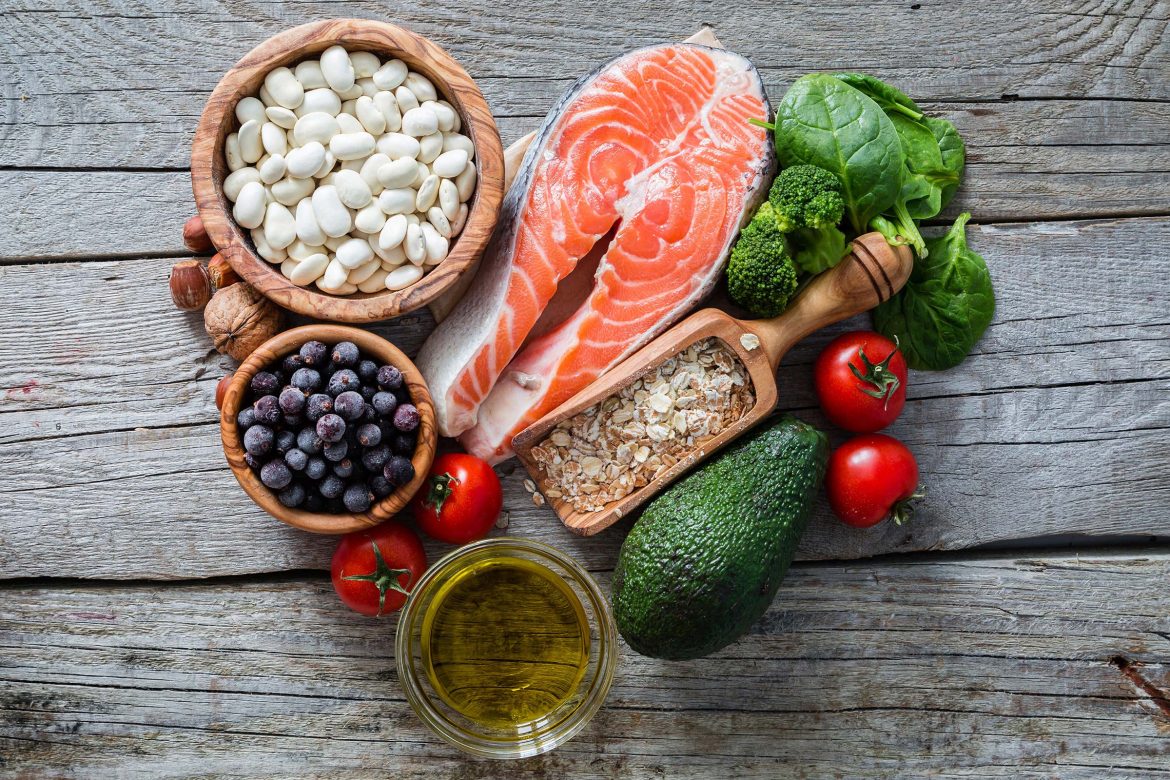
Fats which are found in fish and nuts are very good for our brain health and they play an important role in fighting against depression. Some studies have shown that people who are eating more fish had a 17% lower risk of depression. “Omega-3 fatty acids from seafood and monounsaturated fats from nuts, avocados, and olive oil appear to be particularly important and beneficial to our mental and brain health,” Jacka says.
Mediterranean diet

You could reduce depression by improving your diet. Our gut microbiota can influence the processes and biological pathways. Jacka’s study was on a group of people which consumed fresh veggies and fruits, legumes, whole grains, lean red meats, fish, nuts and olive oil, while they cut back on refined cereals, sweets, processed meats, fried food and sugary drinks. This Mediterranean diet group reported after three months a significant symptom relief.
Fermented foods
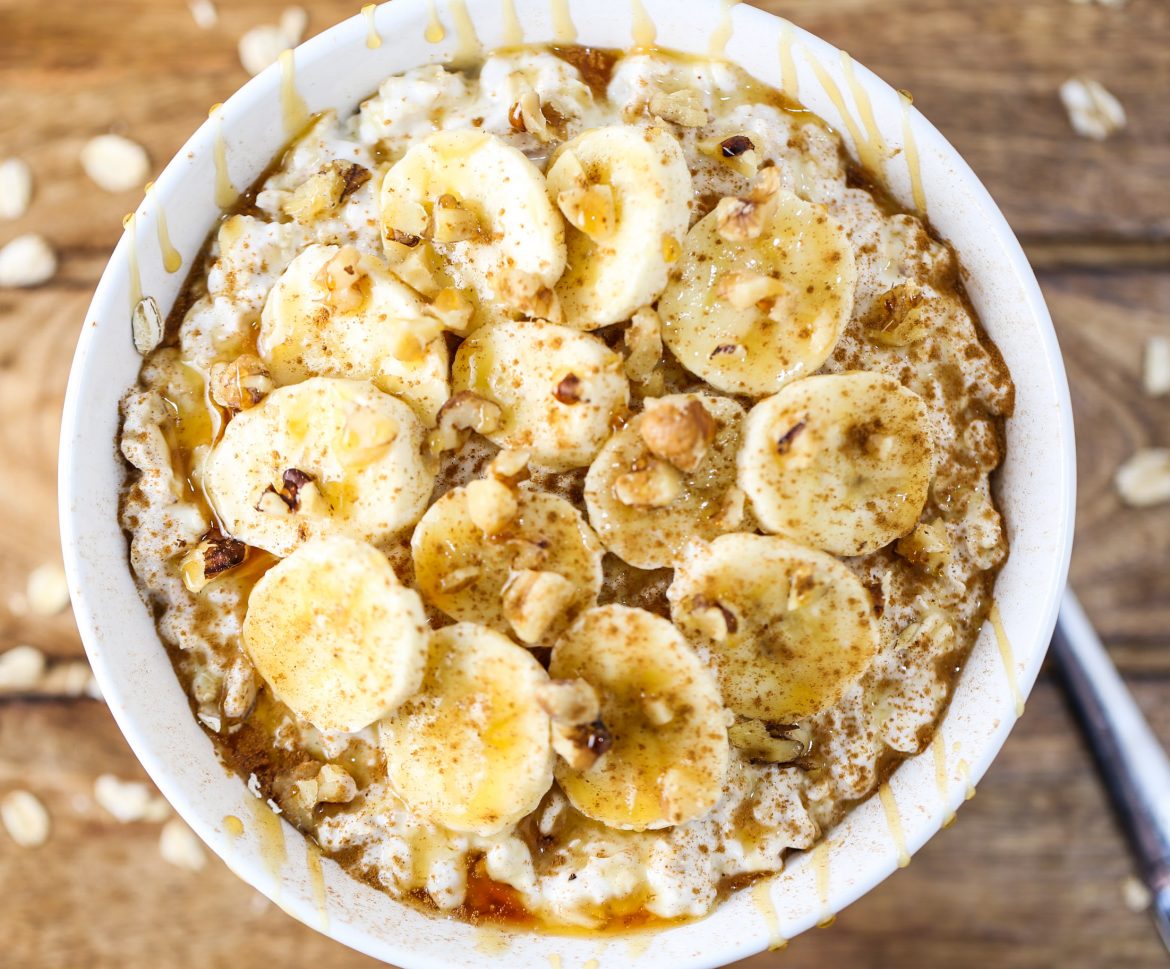
Some animal studies have shown that the probiotics, which are found in fermented foods can be helpful in fighting anxiety and depression. Kefir and kimchi are fermented foods and they are full of healthy bacteria. Apparently, there is a link between brain and digestive health and scientists call it the “gut-brain axis”.
Leafy greens
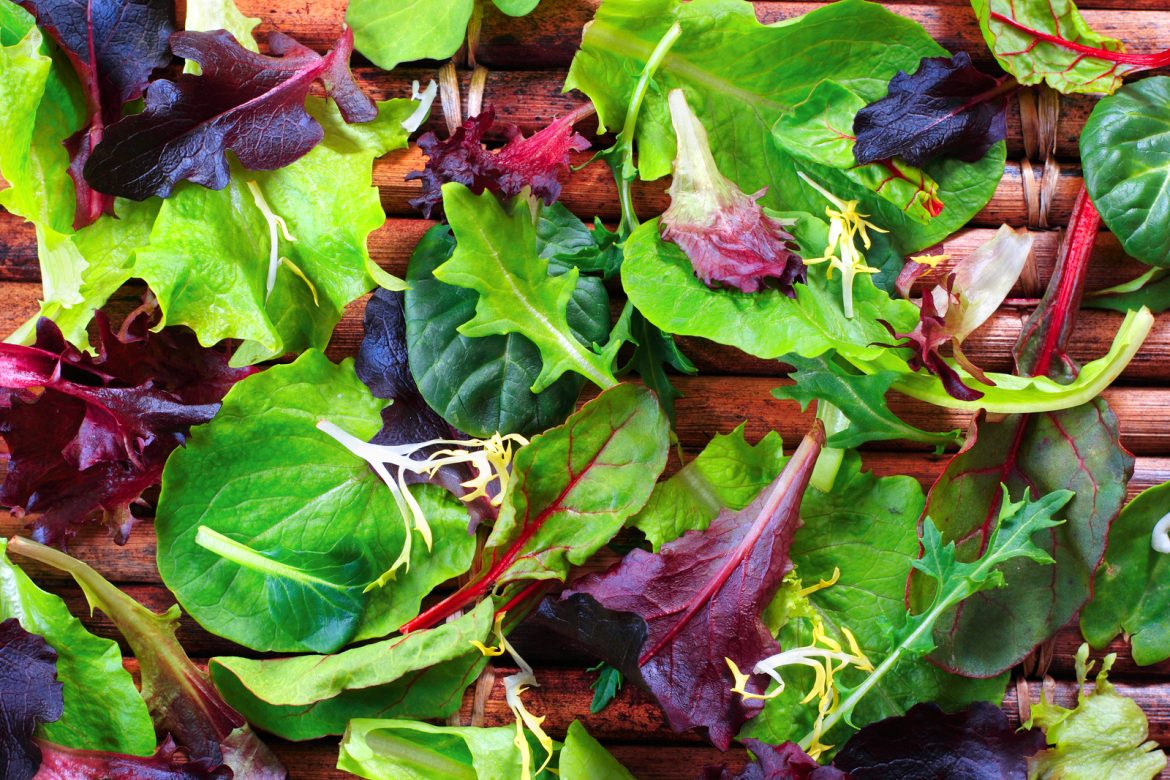
Spinach it’s rich in folate and low folate levels are related to depressive symptoms. Folate it’s a water-soluble B vitamin and it can affect mood-related chemicals in your brain. “Serotonin levels have been shown to rise with foods rich in folate,” noted Torey Armul, RD, a spokesperson for the Academy of Nutrition and Dietetics. Some people with depression have reduced transmission of this important chemical messenger.
Oysters
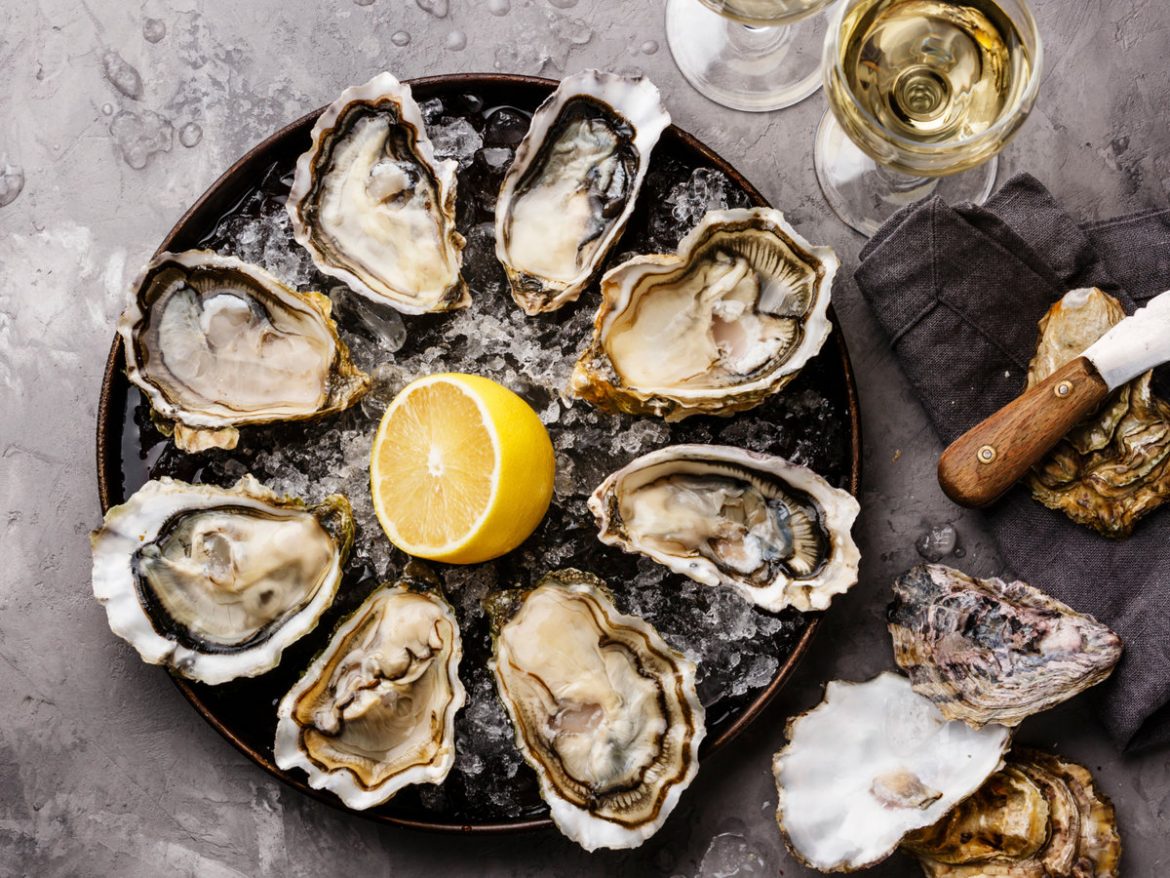
This is one of the best sources of zinc, which is an essential mineral for a good immune system function. “There’s some research that links increased zinc intake to improved mood,” Armul says. It’s not very clear if depression causes your deficiency of zinc or if your low zinc levels leads to depression. If you don’t like oysters, you can increase your intake of beef, dark-meat chicken, almonds and oatmeal.






